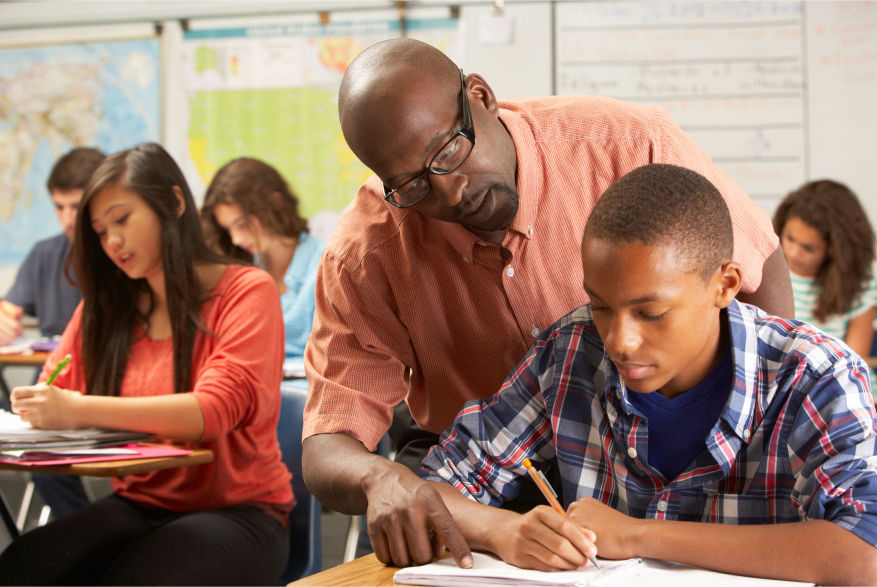Civic Education as a Pathway to Freedom
- D'Angelo Virgo
- Jun 24, 2025
- 2 min read
Updated: Dec 24, 2025
How Comprehensive Civics Learning Can Reduce Juvenile Recidivism
By D’Angelo Virgo | Civically Engaged

For too many justice-impacted youth, the system recycles instead of rehabilitates. Young people—particularly Black and Brown youth—are disproportionately caught in a juvenile justice system that criminalizes trauma and ignores opportunity. What if we replaced punishment with purpose? What if civic education became part of the solution?
At Civically Engaged, we believe that comprehensive, culturally relevant civic learning can be a powerful tool in disrupting cycles of incarceration and empowering justice-impacted youth to reclaim their agency.
Why Civic Education Matters
Civic education goes beyond textbooks and tests. It teaches young people how systems work—and how they can work to change them. For justice-impacted juveniles, civics builds critical thinking, self-advocacy, and a sense of belonging in a society that often tells them they don’t matter.
Studies show that access to education is one of the strongest predictors of reduced recidivism. But not just any education. Civic learning that is rooted in identity, equity, and real-world application helps youth see themselves not as offenders, but as leaders.
Civic Learning Builds Belonging and Purpose
Incarceration isolates. It breaks community ties and strips away self-worth. A comprehensive civic education helps repair those connections by:
Teaching youth their rights and how to use them
Connecting young people to mentors and advocates
Providing tools for organizing, advocacy, and storytelling
Reframing justice-impacted youth as change agents—not cases to be managed
From Transactional to Transformational
Too often, civics is a one-off lesson or guest lecture. What our young people need—and deserve—is transformational learning that:
Centers Black and Brown histories of resistance
Encourages youth-led community projects
Integrates real-world organizing, advocacy, and policymaking
Brings in credible messengers, including formerly incarcerated leaders
The Bigger Picture
Lowering recidivism is about more than behavior. It’s about building power and possibility. Civic education provides that path—especially when it’s designed with justice-impacted youth in mind.
When young people understand their value, their rights, and their role in shaping the world—they’re far less likely to return to systems that devalue them
Let’s Reimagine Justice
At Civically Engaged, we know that civic learning is liberation work. It’s not just about preparing youth to participate in democracy—it’s about preparing them to transform it.
Let’s invest in purpose, not punishment. Let’s make civics a cornerstone of freedom.
_edited.png)
Comments